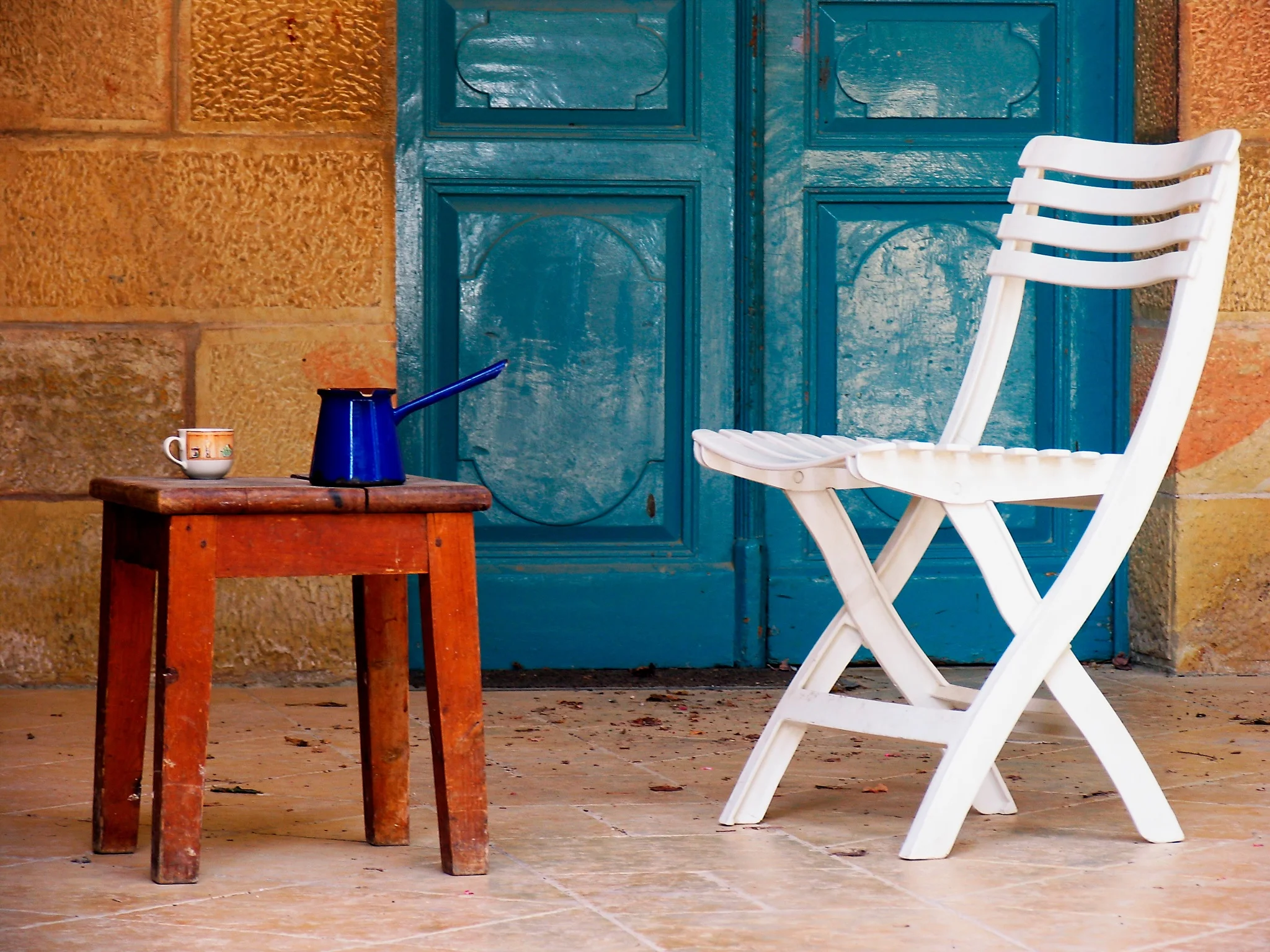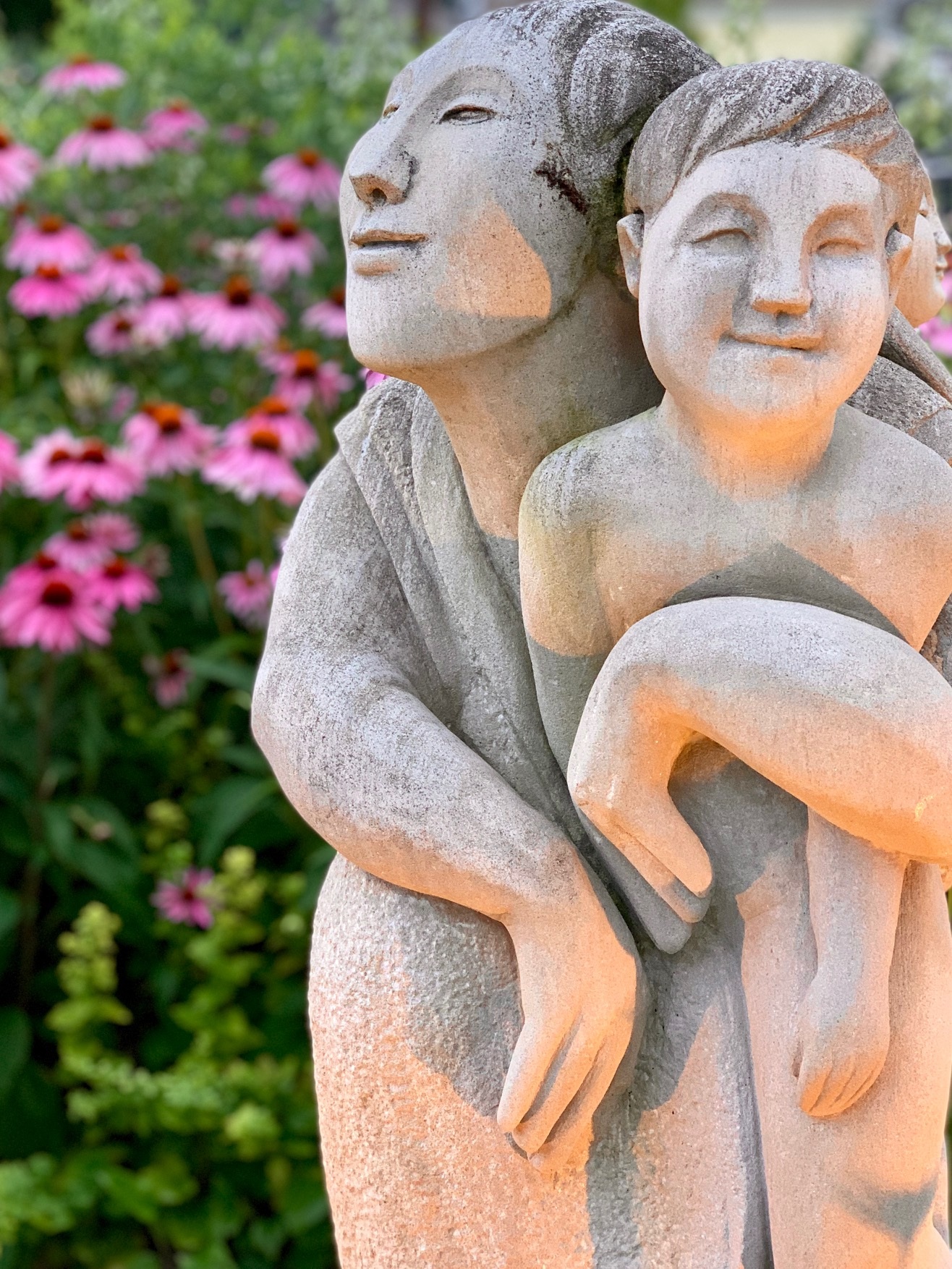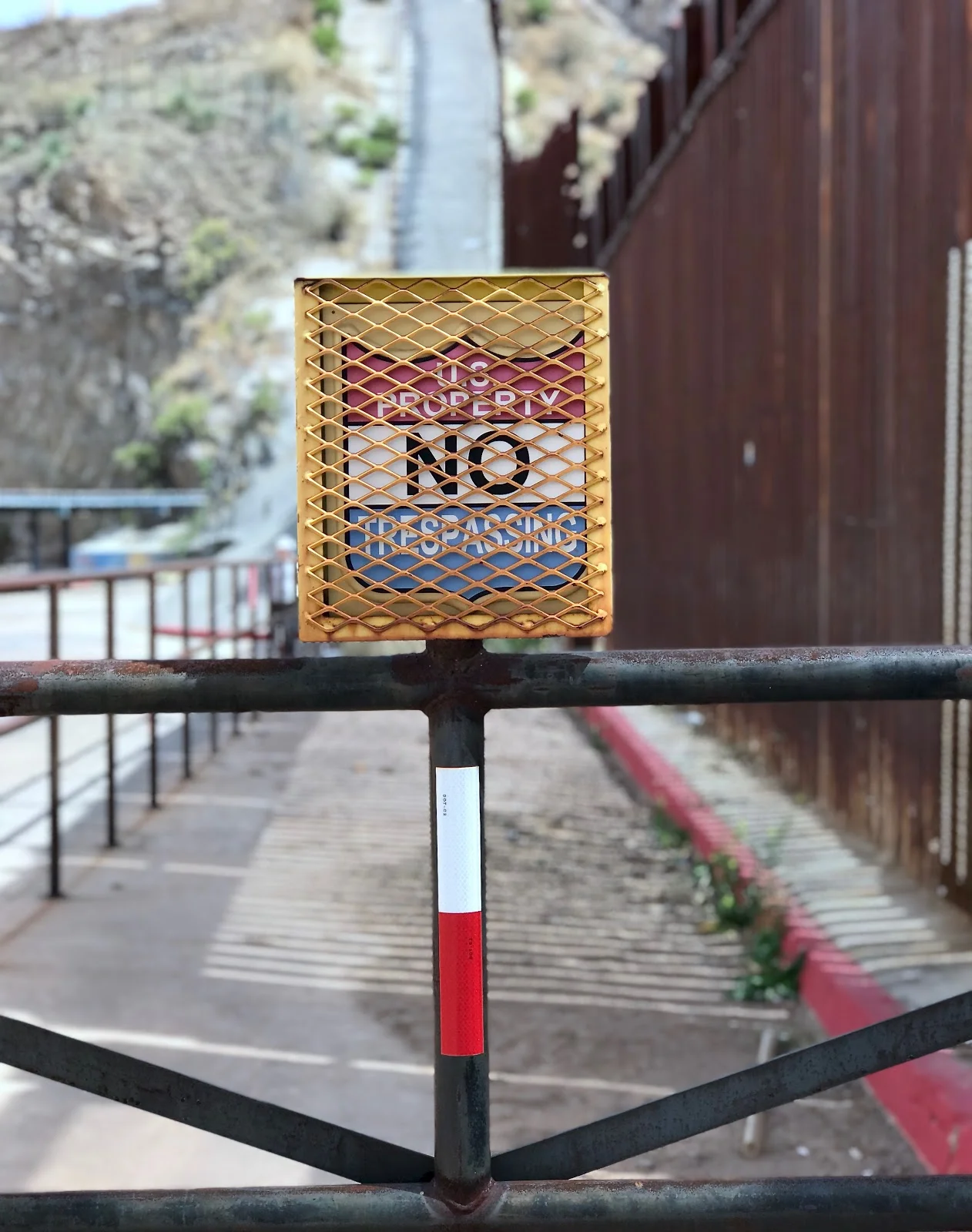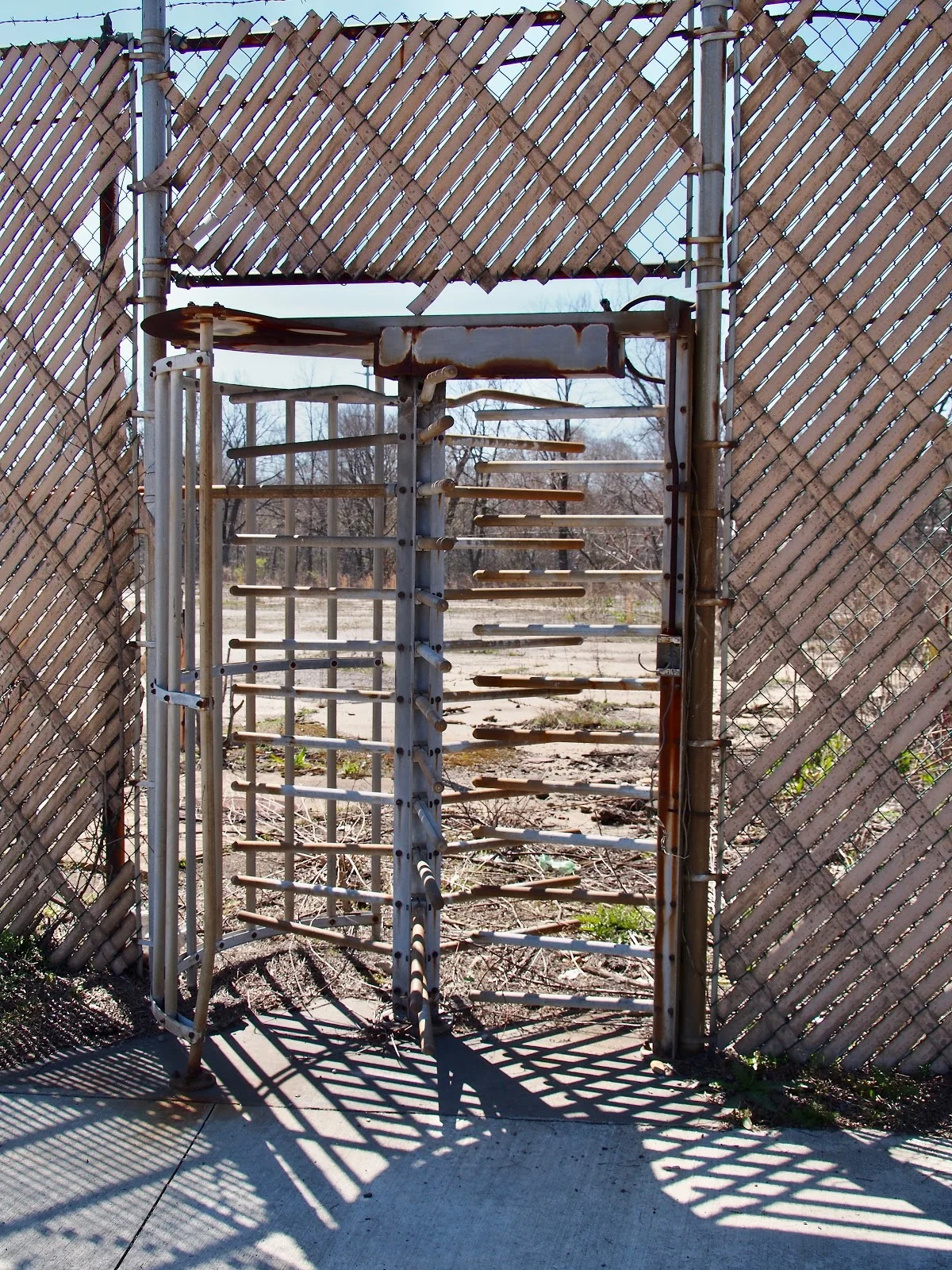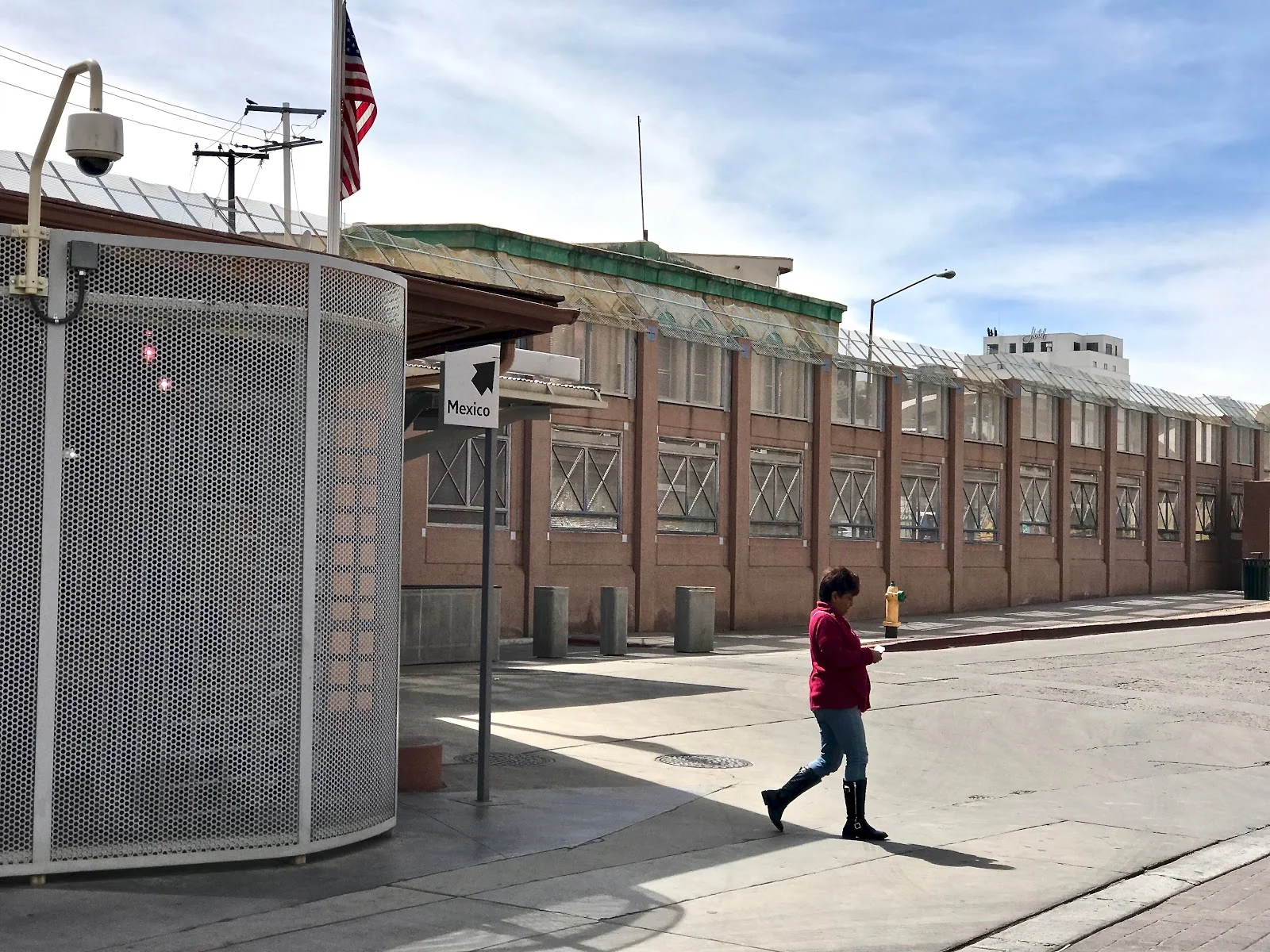A Sermon for 911
A Sermon Preached on September 11, 2019
Church of the Incarnation, New York City
Today, we commemorate three notable occasions: the 18th anniversary of 911; the life and ministry of Harry Thacker Burleigh, one of America’s most influential composers; and the beginning of our Church Pension Group (CPG) board year. These three events actually hold together in an odd sort of way, and I invite you to consider them with me.
Everybody has a 911 story, and our generation will forever be able to answer that question: “Where were you when the towers were hit?” Some of you were in the financial district, and others were in Episcopal church buildings around the country. As for me, I was at a retreat center outside of San Francisco for a CREDO clergy conference.
I had awakened early in the morning to go running; it was, after all, a health and wellness conference, and I intended to make a new start. I returned from my early morning run and walked into the refectory. My CREDO companions were still asleep. However, the kitchen staff was gathered in a corner of the room staring at a small television set suspended from the ceiling. With my first cup of coffee in hand, I wandered over, looked up at the TV, and saw smoke coming from the towers. I couldn’t believe my eyes, and then I heard the newscaster exclaim: “A second plane has hit the second tower!”
Stunned, I wandered out of the refectory and tried to call home to family and friends in New York and New Jersey, but I couldn’t get through; the phone lines were jammed. Desperate to share the news, I woke up some of my fellow conference participants and told them what had happened. However, like Peter on the morning of the resurrection, they couldn’t believe my words, so they ran to the refectory television to see for themselves. Then they, too, started frantically trying to call friends and family.
After breakfast, our CREDO conference faculty convened us in the chapel. We said prayers, and then were informed that, after consultation with CREDO and CPG leadership, we would continue with the conference. It was all we could do, they said. We couldn’t go home as air traffic around the country was suspended, so we might as well make the best of it and continue our work of health and wellness.
So there we were, navel gazing on a CREDO conference at a retreat center outside of San Francisco while the rest of the world was in turmoil. Despite the best efforts of the conference faculty, it was a conflicted and confused — and for many — a not very successful CREDO. Some wanted to stay and keep going with the program. Others (including me) desperately wanted to get home to our families, congregations and communities. How could we reflect on our personal financial, physical, spiritual and vocational health and wellness when the world was blowing up?
My most vivid memories of that conference include:
Groups of clergy standing in the cloister with cell phones to our ears trying to connect with loved ones far away
Watching that little television set in the corner of the refectory ceiling for news from the outside world
Listening to the sounds of military jets patrolling the night sky along the Pacific coast
Trying to get a photo ID so that I could fly home when the air space reopened (that’s a story for our cocktail hour)
Going to the San Francisco airport to get on the first flight out of town
Taking 7 connecting flights to get home
Finally, falling into Emily’s arms at 3 o’clock a.m. when my last flight landed
I have two other memories of that conference: one disconcerting, and the other one comforting.
The first — As some of us were working with Nancy Smith to make airline reservations for home, a member of the conference faculty said to me: “You know, Desmond Tutu would have stayed on this retreat.” I was so offended and angry as he stood in judgment of my decision to prioritize to my congregational, civic and family affections and responsibilities over my CREDO time. This past summer, I shared that story with Bishop Tutu’s middle daughter, Naomi, who responded: “I think my father would have wanted to leave as well.”
The second — In the middle of that awful week, as communities around the nation gathered in interfaith prayer services, our CREDO conference gathered to pray. We prayed for victims both living and dead, grieving families and communities, first responders, and government leaders. We also prayed for our nation whose sense of security and innocence had been shattered, and whose identity, values and resolve were being tested. And then we sang. We sang our hearts out well into the night. Thousands of miles away from the rubble that was once the World Trade Towers, a small group of Episcopal clergy were singing for our lives and the life of our world.
The heritage of singing — in both good and bad times — has been passed down through the generations. Miriam sang after crossing the Red Sea, and Deborah sang after defeating her people’s enemy. David praised God in song and his son Solomon sang of love. Isaiah wrote songs of exultation, Jeremiah lamented in song, and Zechariah sang as he rejoiced. Paul and Silas sang in prison, and the voices of heaven sang a new song of the lamb before the throne of God. And, as we heard in this evening’s gospel reading, Hannah and Mary sang when they learned of their pregnancies.
I have given a lot of thought to the power of singing since that day. We sing to celebrate and to grieve. We sing as we work and as we play. We sing to make the world smaller. We sing to drown out the voices of hatred. And sometimes, we sing to stay warm, awake and alive.
Singing is a powerful form of prayer. Perhaps that’s why St. Augustine once said, “To sing is to pray twice.”
Singing has always been a way of surviving the horrors of prison and torture. Perhaps, one of the most poignant examples of the power of song during fateful times was the final message of Etty Hillesum. Scribbled on a scrap of paper and thrown from a box car as she and her family departed for Auschwitz, this young woman wrote, “Tell them, we left the camp singing.”
Singing is also a powerful act of spiritual and political resistance. The early Christian martyrs sang as they faced lions in the coliseums. Striking workers sang outside the mines, mills and factories. African American slaves sang as they toiled in the cotton fields. The LGBTQ community has sung our way to equality. And, though I don’t know for certain, I imagine that our sisters and brothers walking from Central America toward our border are singing along the way.
One of the most powerful resistance songs is an old Quaker hymn that dates back to pre-Civil War North Carolina when members of the Religious Society of Friends suffered for their opposition to slavery. Its words spoke volumes about the power of song: “Through all the tumult and the strife, I hear that music ringing. It sounds an echo in my soul. How can I keep from singing?”
Where would we be without singing? I don’t know. My beloved Emily says that when she sings, it is the only thing she can think about; for her, singing gives her head a vacation from the cares and worries of the world. As I am learning first-hand, for people with dementia, singing is calming and comforting; it helps us to make connections and keep memories alive; and is one of the last cognitive faculties to go.
Harry Thacker Burleigh, whom we remember today, certainly understood the power of song. Born to a free African American family in Erie, Pennsylvania in 1866, Burleigh demonstrated an early passion for music as he learned to sing in local church choirs. In 1892, he earned a scholarship to attend the New York Conservatory of Music. There, he developed a friendship with the school’s director and one of my favorite composers, Antonin Dvorak. The two shared an interest in using spirituals and folk songs as inspiration for classical composition.
Following graduation, Burleigh was hired as the baritone soloist by St. George’s Episcopal Church on Stuyvesant Square. In 1900, he made history by becoming the first black soloist at Temple Emanu-El on Fifth Avenue. He even sang a command performance for King Edward VII.
Burleigh was also an incredibly accomplished composer. Inspired by Dvorak, he focused much of his attention on adapting African American spirituals into classical arrangements for choirs and soloists. He is perhaps best known in the Episcopal Church for his arrangements of “Deep River,” “My Lord, What a Morning,” “Swing Low, Sweet Chariot,” “Go Down Moses,” and “Were You There.” I can only imagine what Burleigh would have written to commemorate 911.
As the publisher and custodian of The 1982 Hymnal and Lift Every Voice and Sing, CPG is indebted to composers like Harry Thacker Burleigh and entrusted with the task of keeping their music alive in the world and available to the church.
And on this 18th anniversary of 911, it is the church’s responsibility to remember that awful day, and to work very hard every day so that it might never happen again.
As we remember those who lost their lives and loved ones on that fateful morning of September 11, 2001, may we be comforted with words from one of Burleigh’s best known songs, “Deep River”:
Oh don’t you want to go to that gospel feast,
That promised land where all is peace?
Deep River
I want to cross over into campground.
May the souls of all the departed rest in peace.

